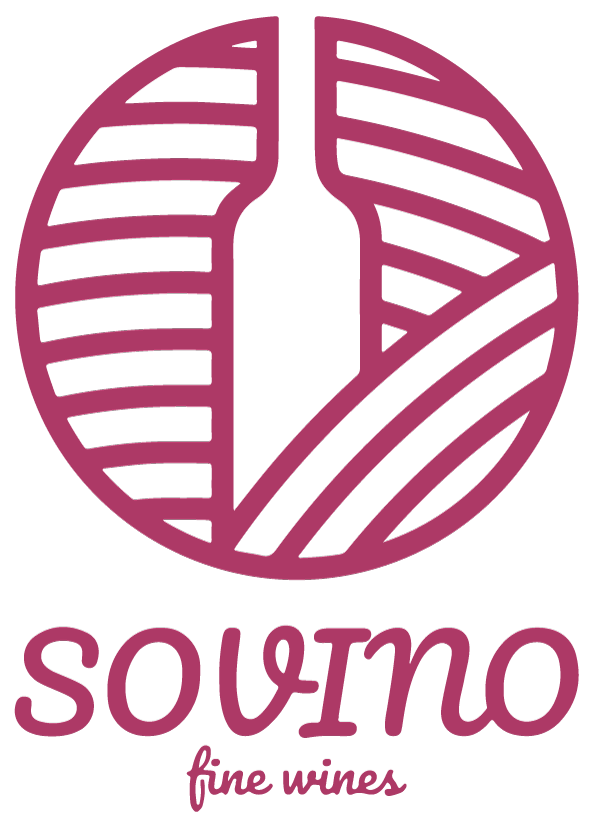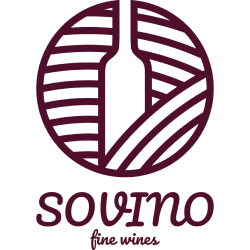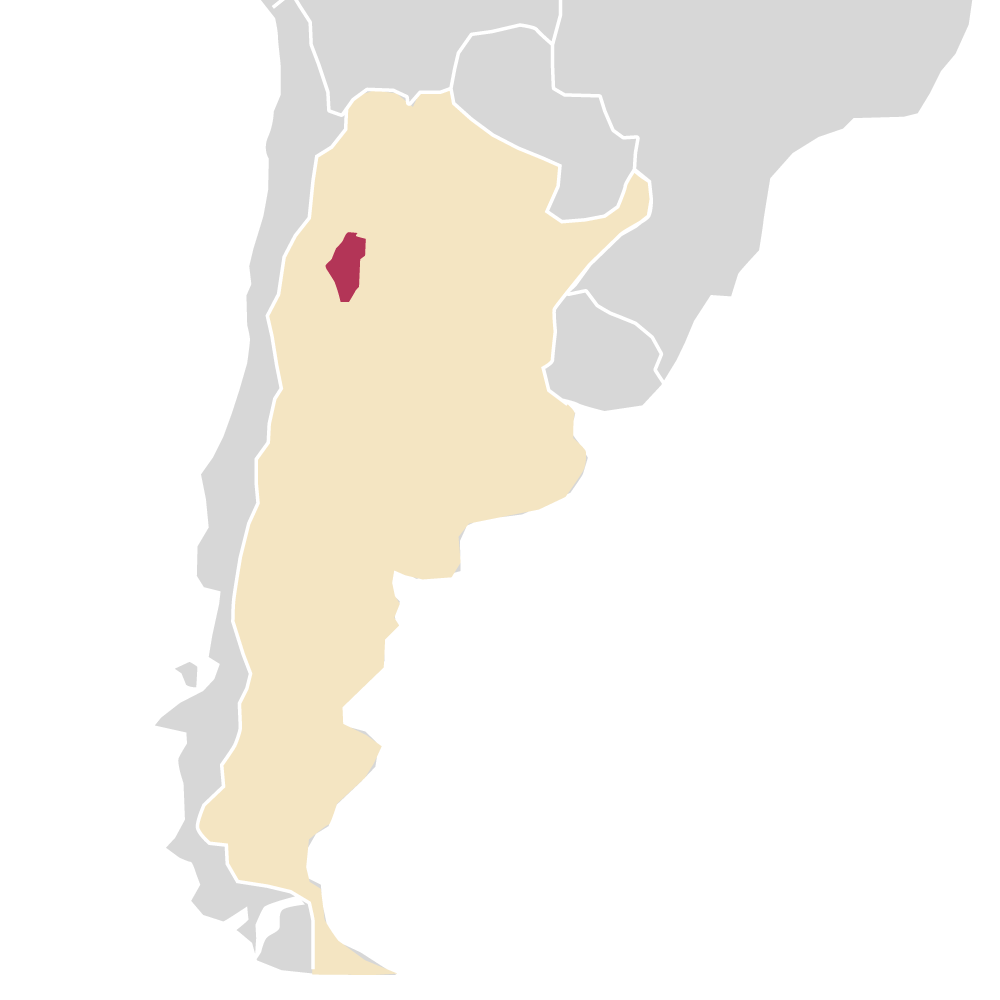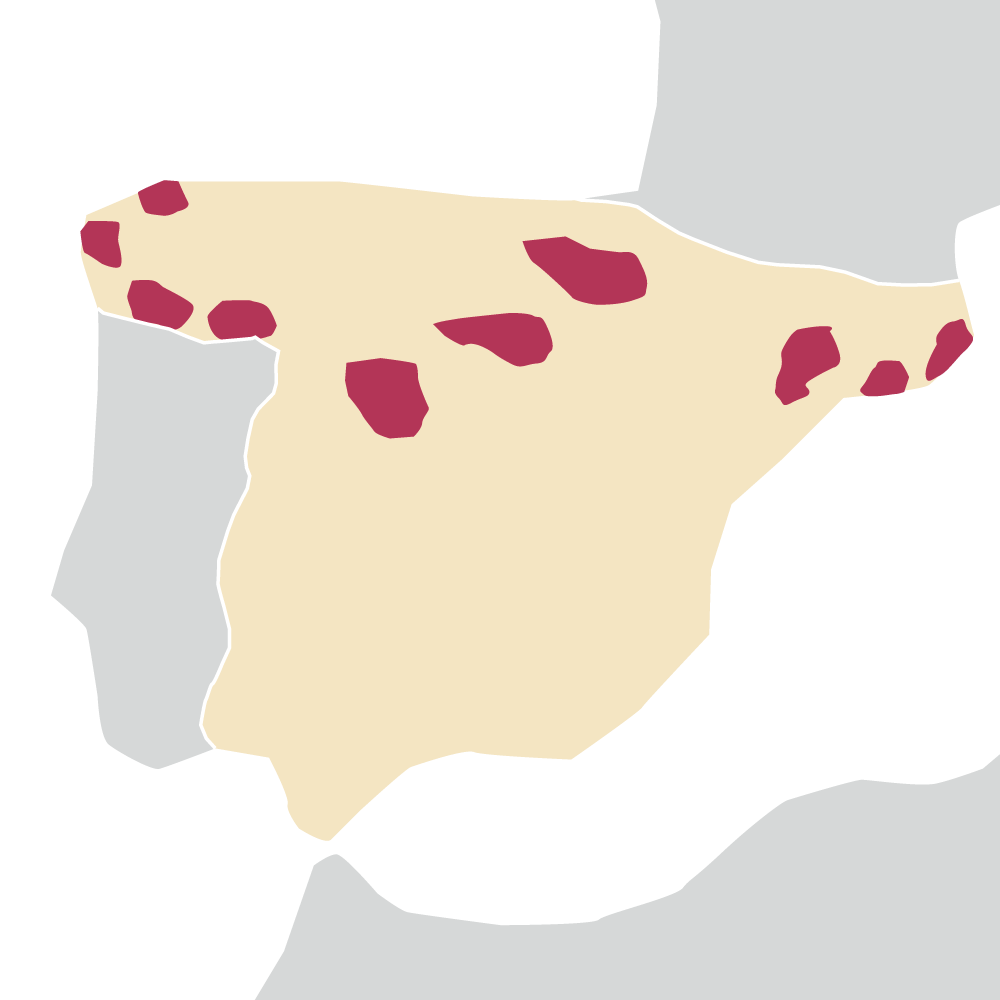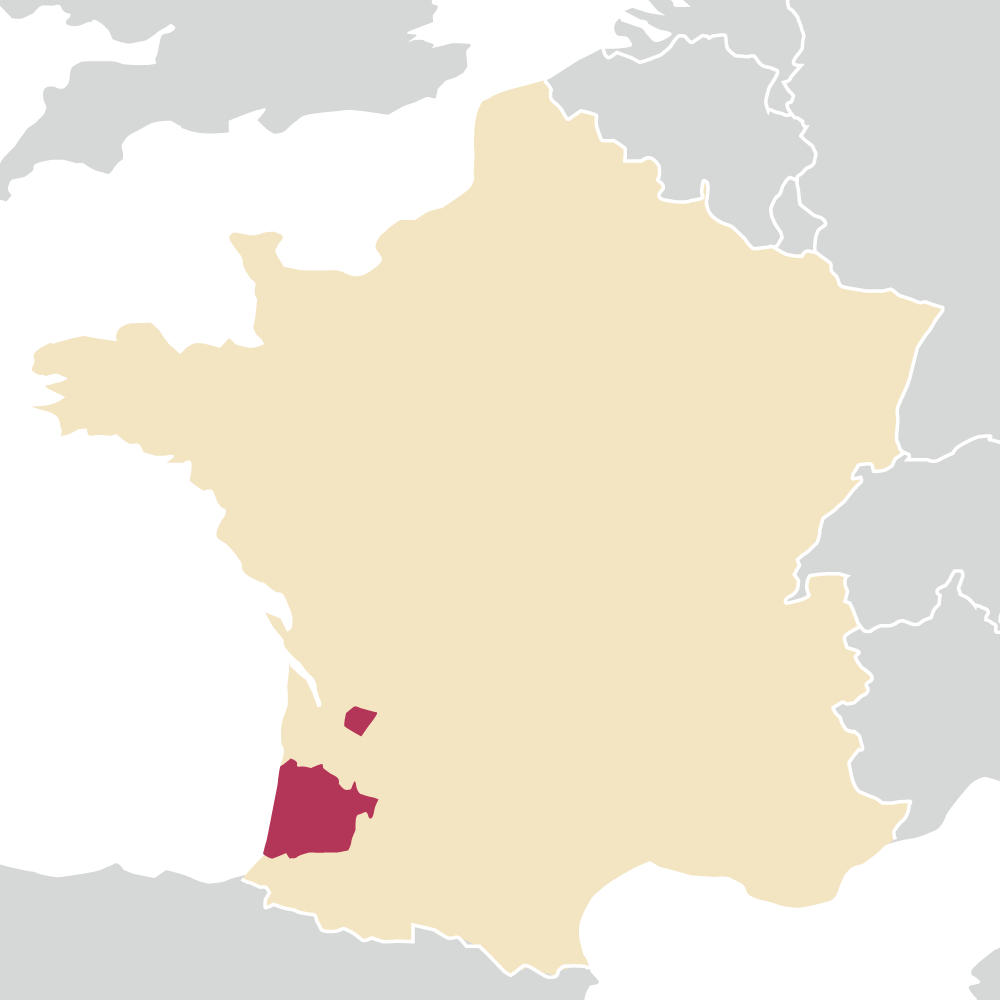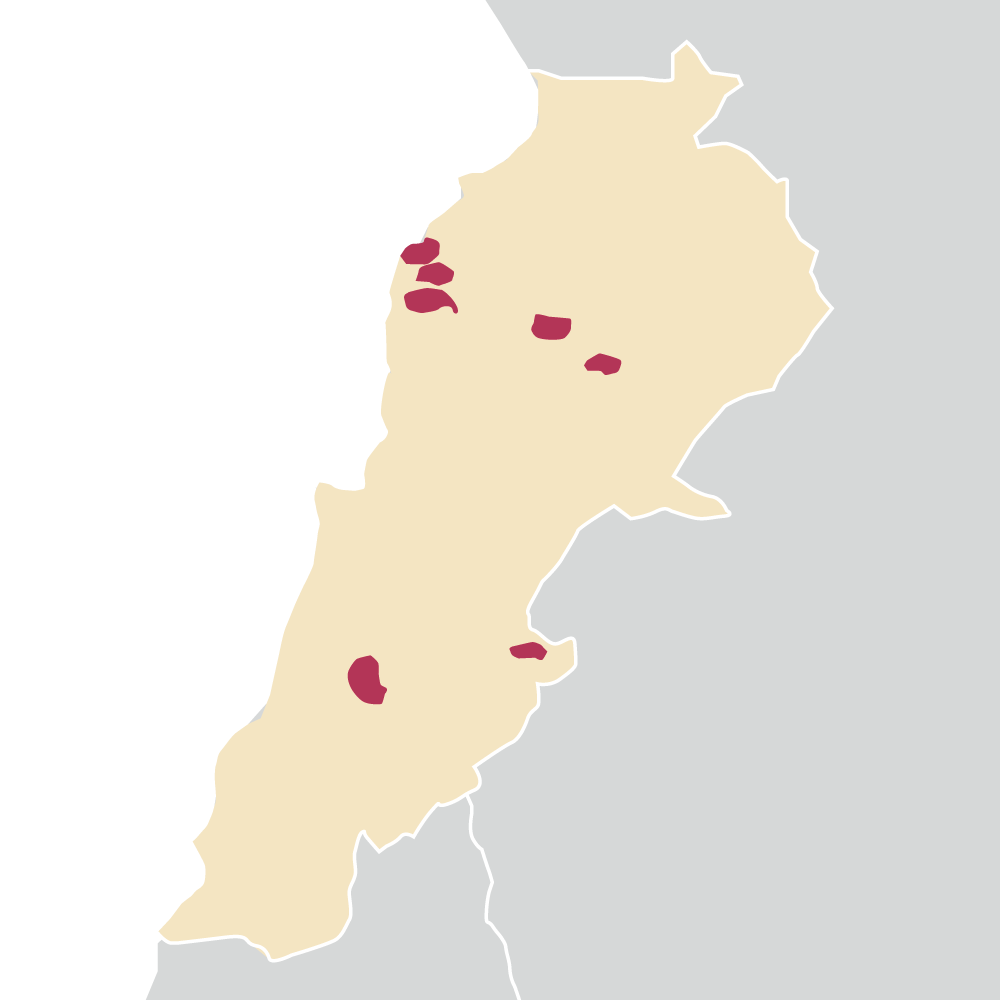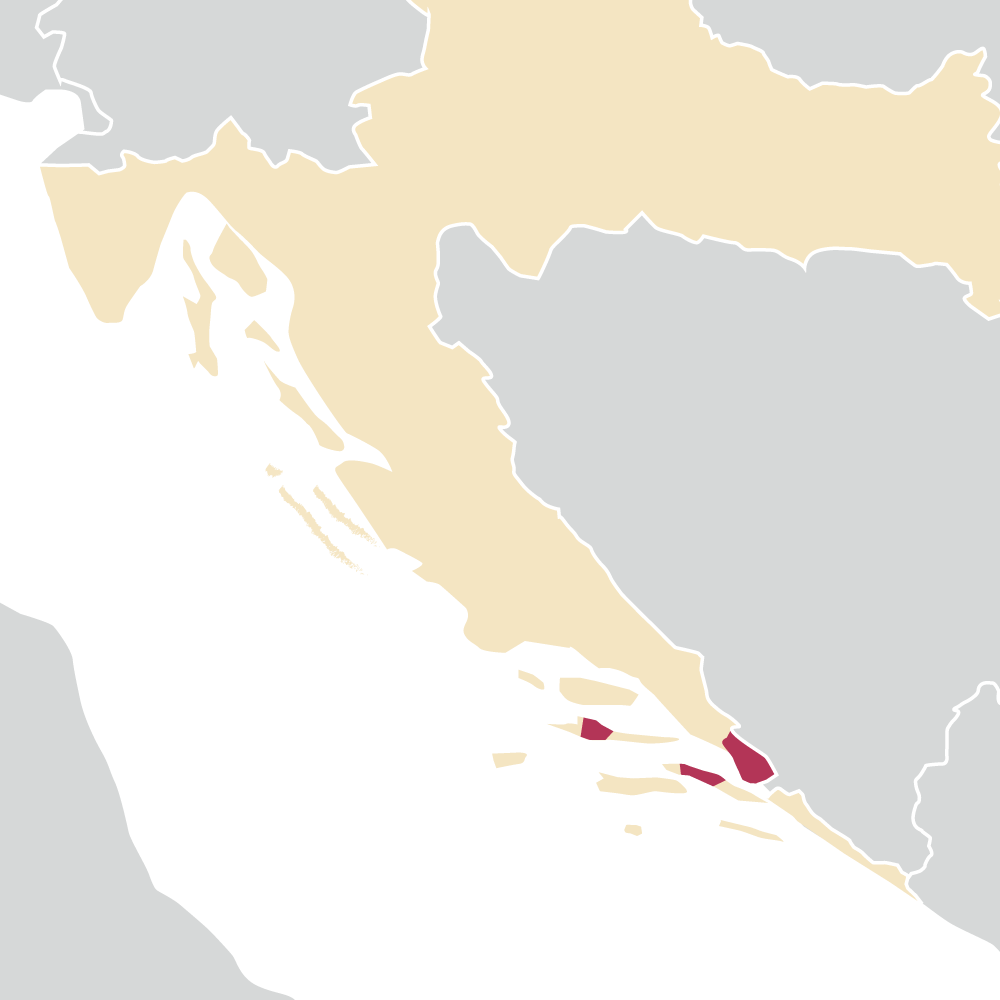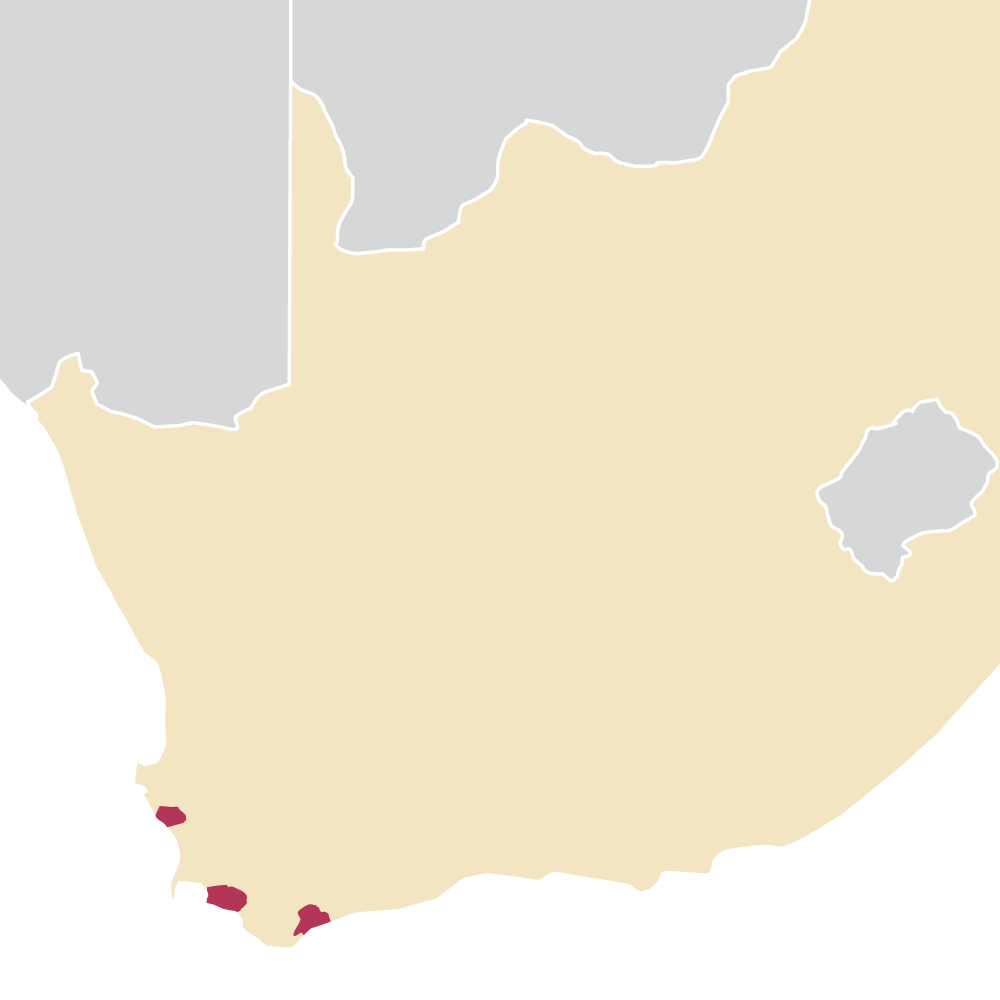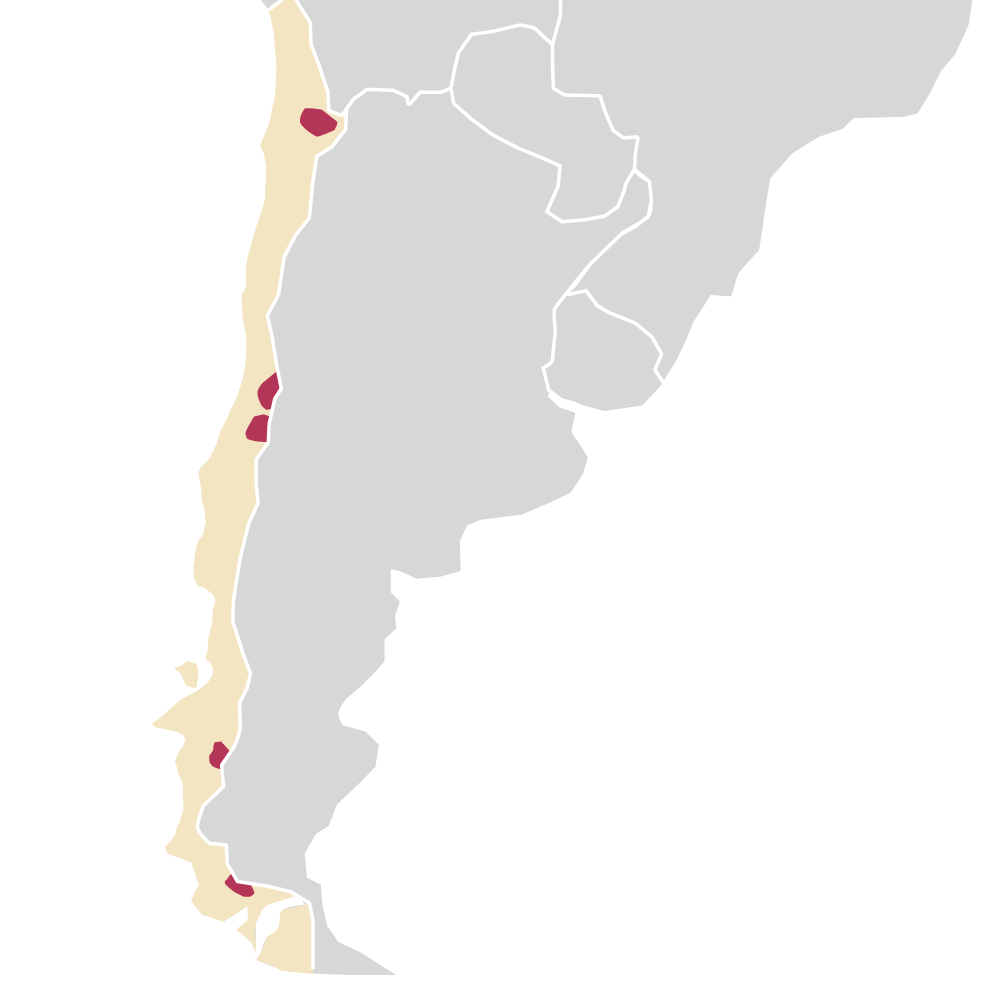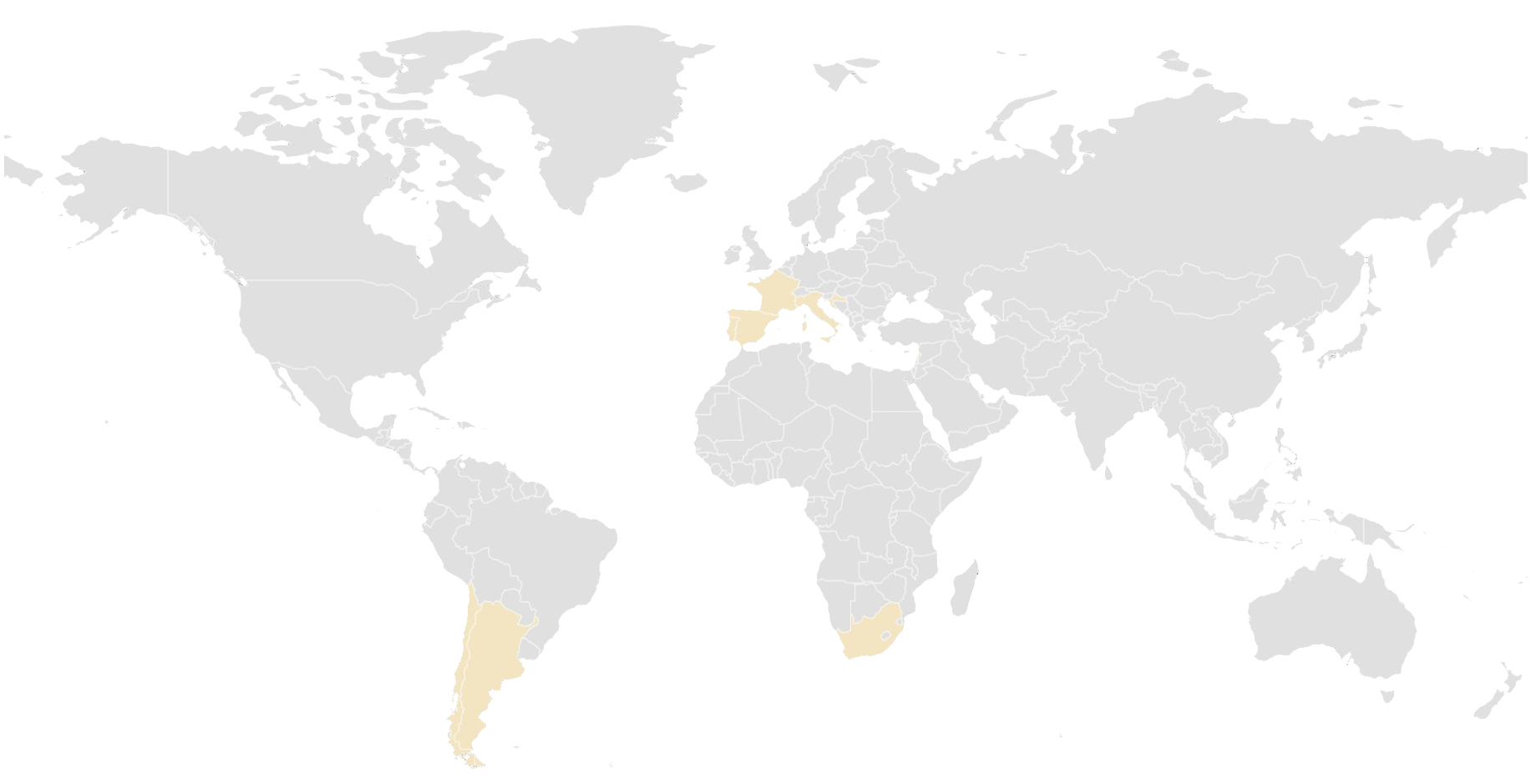
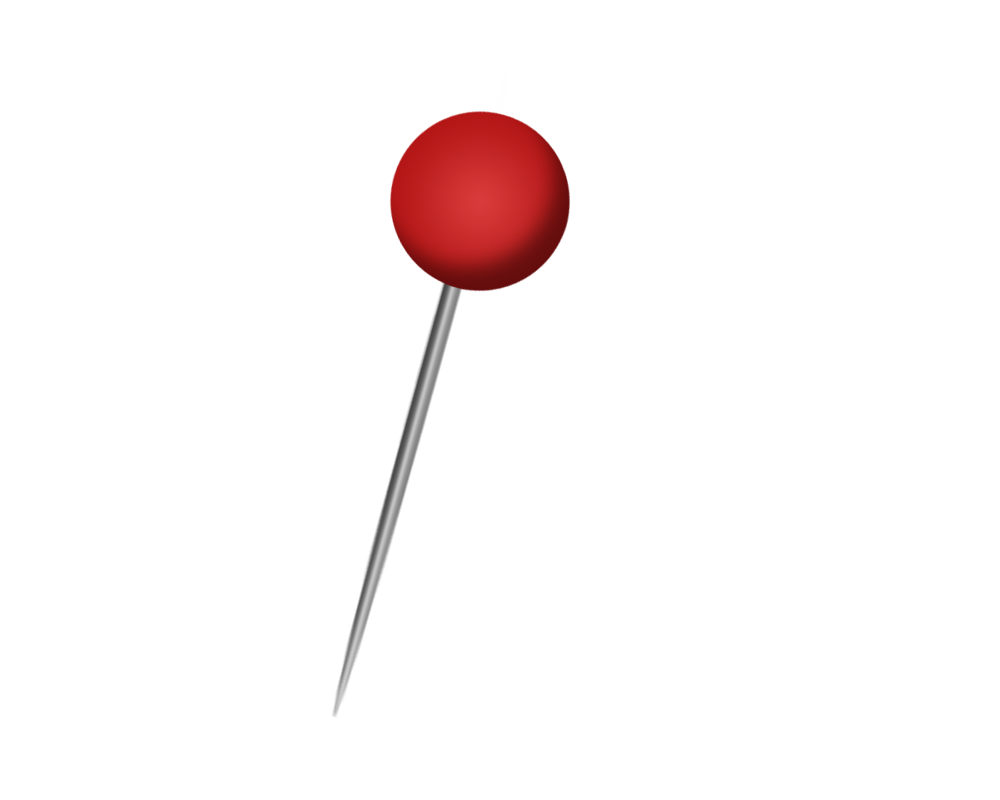








ANDIAMO IN ITALIA
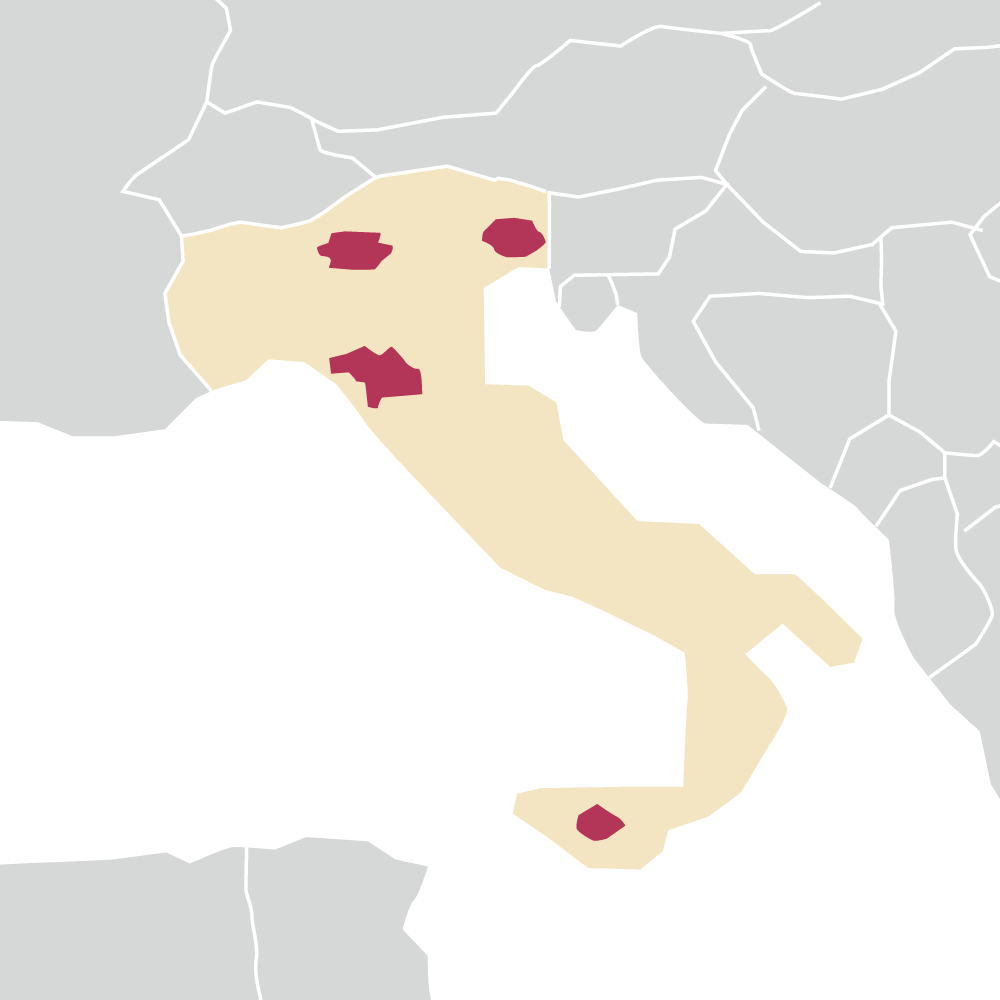
![]()
ANDIAMO IN ITALIA
Region: Marsala, Sicily
Marsala is cultivated in a rather large area in the Trápani province on the west coast of Sicily. Most of the wine spans color wise from dark-golden to light amber, and is available in a large number of varieties. Marsala is markedly oxidative, with hints of hazelnut and dried porcini mushrooms, and in the most refined versions Vergine/Soleras, isn’t counted as a decidedly dessert wine. The oxidation comes from the mandatory barrel aging, where the barrel isn’t filled up completely.
Region: Tuscany
The Sangiovese grape performs better when it can receive more direct sunlight, which is a benefit of the many hillside vineyards in Tuscany. The higher elevations also increase the diurnal temperature variation, helping the grapes maintain their balance of sugars and acidity as well as their aromatic qualities.
Region: Friuli Grave
Grave del Friuli is a DOC covering a large area of land in Friuli-Venezia Giulia, between the Alps and the Adriatic sea.The stony, limestone-rich soil originated in the mountains and has been deposited across the plains over the years. The extensive stretch of stones beneath the vines reflects heat and light during the day to help the grapes ripen.
Region: Veneto
It has the second most DOCGs, along with 29 DOCs. Venetian wine is produced in Veneto, a highly productive wine region in north-eastern Italy. In Veneto, two different wine areas are clearly distinguishable. The traditional vine training system of the eastern part is the Sylvoz system, today replaced by the Guyot system, while in the western part there is more traditionally the Pergola system.
VAMOS EMBORA PARA PORTUGAL
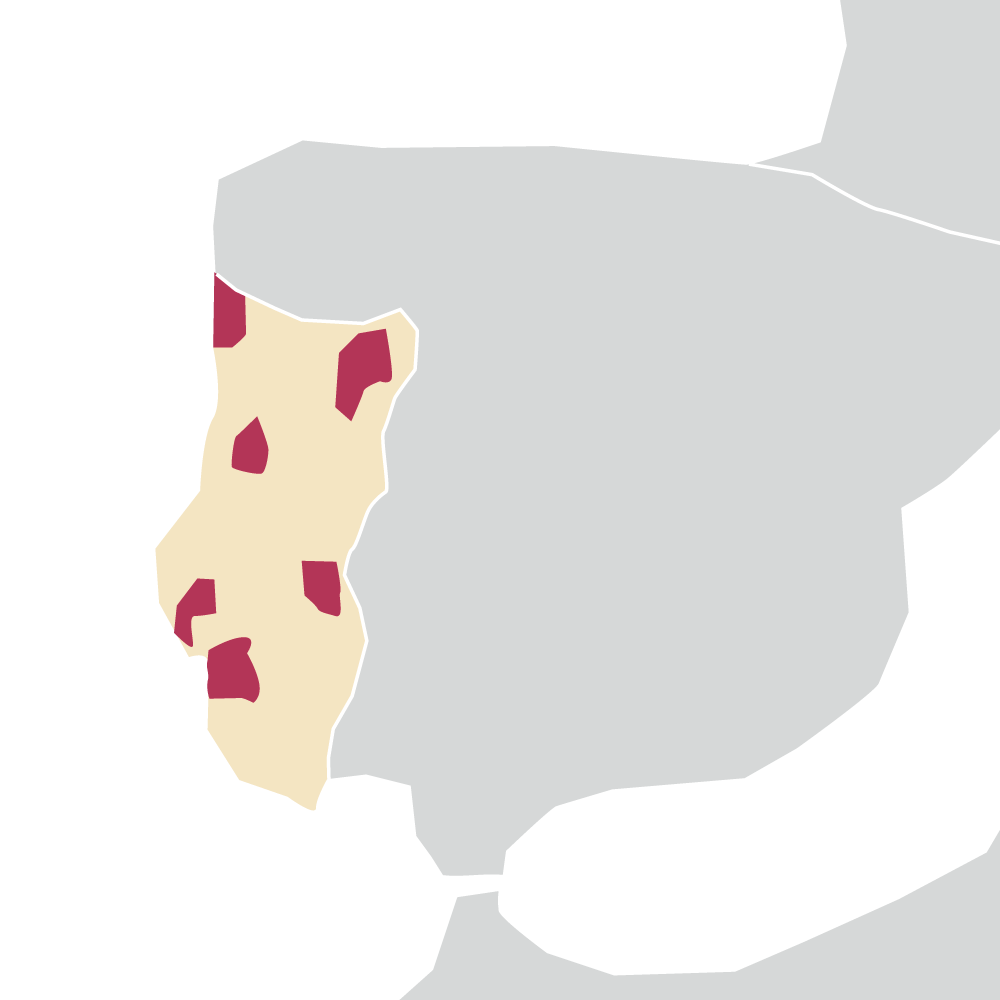
![]()
Vamos embora para Portugal
Region: Dão(D.O.C.)
The area is home to several dozen varieties of indigenous grapes, with the majority of wine production. 80% of the region’s production is in red wines. The red wines tend to be very tannic due to prolonged periods of maceration during winemaking.
Region: Setubal
Similar to Port, Moscatel de Setúbal are wood aged until they are bottled. They can be made from grapes of a single vintage or in a “non-vintage” style as a blend of several vintages. The wines tend to be at their freshest and more fruit styles up to around 5–6 years of age where they have pronounced apricot notes. As they age, the wines get darker with more raisin, caramel and nutty aromas and flavors.
Region: Alentejo
There are eight subregions of the Alentejo region that are entitled to the Alentejo DOC designation. The names of the subregions may be indicated on the label together with the name Alentejo, for example as Alentejo-Borba. Every subregions has his specific topological conditions.
Bienvenidos a Argentina
VAMOS A ESPAÑA
Bienvenue en France
(Libanon)أهلا`` وسهلا`` في لبنان
Dobrodošli u Hrvatsku
Welcome to South Africa
Bienvenidos a Chile
-

Uncategorized (1)
-

Père Verger (1)
-

Boas Quintas (4)
-

Quinta do Monte d'Oiro (3)
-

Ronco dei Pini (5)
-

Red (35)
-

Sparkling (5)
-
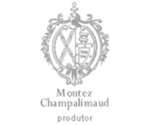
Quinta do Côtto (2)
-

Bodegas Peñafiel (5)
-

Brumont (2)
-
Cantine Fina (6)
-

Le Riche (2)
-
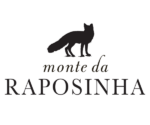
Monte da Raposinha (5)
-

Monteviejo (3)
-

Siete Passos (9)
-

Bestsellers (7)
-

Terre di San Rocco (9)
-

Trizanne Signature (3)
-

Vellas (4)
-

Villa Montepaldi (2)
-

White (24)
-

Bio (9)
-

Vegan (5)
-

Pardevalles (1)
-

Promotions (5)
-

Wine tasting (1)
